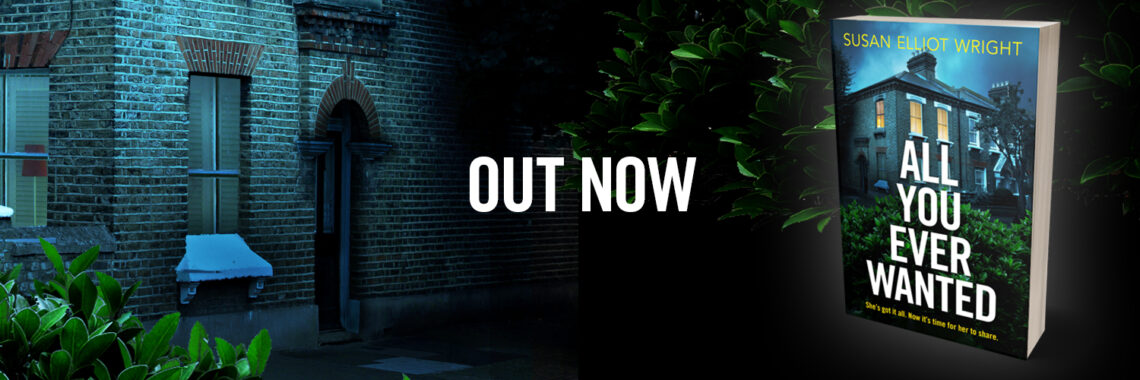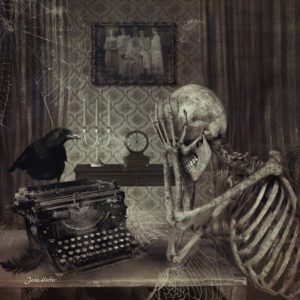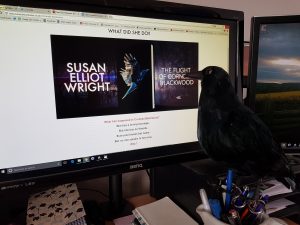
In the previous two posts, (scroll down the page to read them) I talked about getting stuck with each of my first three books and how I managed to get myself out of it. I started a fourth, but ended up putting it aside – my agent has since named that one ‘book three and half’. I’ll come back to it at some point, but I need to think it through a bit more, so it was the right decision. That decided, I started thinking of ideas for a new book four.
Making a plan
I’ve never planned a novel in such detail before. As I said in the previous posts, I’ve always known where I was going, but my usual method is to plan a little, write a little, plan a little write a little and so on. But my agent, who’s always been an advocate of planning, had seen the horrible time I’d had with books three and three and a half and wanted to spare me the same pain again, so she advised me (very strongly!) to plan this one in detail before I started writing.
I’d been wrangling with a new idea that had a fairly dramatic storyline, but I wasn’t clear about my protagonist’s motivation. And what was I trying to say? Each day I sat down and forced the outline a little further forward, a paragraph at a time, and I managed to develop a reasonable outline for the present day story. But I needed to explain why my character reacted that way, why she felt like that. Then one day, I remembered a short story I’d written years ago about a woman called Cornelia Blackwood and the crows she kept seeing and dreaming about. Quite suddenly, I knew that this was who I was writing about now; it was Cornelia’s story.
So although a great deal changed in the actual wriiting of the novel – there were still plenty of surprises – I knew my protagonist’s backstory. So, not only did I know where I was going (the ending of the novel would be based on the end of the short story) but I also knew the big thing that had happened in the past, and it explained a lot about who my character was now.
Six weeks to write the plan
I’m not saying it was easy. The 3000 word story formed the basis for half a novel, so clearly there was a lot more work to do, but knowing Cornelia’s history was key. Writing a detailed outline is like writing a novel in microcosm – you have to let some areas breathe and develop on their own before you know what’s going to happen next. It took a while – six weeks – but I ended up with a five-page the outline which I used as a guide.
A joyful experience
Writing the first draft took four months, and it was an absolute joy. I had never found writing a first draft joyful before, but this time was different because I didn’t get stuck – yay! This must mean that finally, after four and a half books, I’d cracked it; I knew how to write a novel!
As it turns out, I hadn’t cracked it after all, but we’ll come back to that.

The flight of Cornelia Blackwood
The editing and redrafting process took several more months, but I delivered the final version in the summer of 2017 to an incredibly positive reception. I was on a high – I’d written a book in a year from start to finish, my agent and editor loved it, and I was very happy with it myself – it was the book I’d always wanted to write, and it said what I wanted to say. But it’s a hugely emotional story, and when the euphoria of finishing it wore off, I was feeling quite drained.
I gave myself a couple of weeks off, but then I started trying to plan out a new idea. if I could repeat the experience I’d had with this book, I’d have a first draft of a new one by Christmas.
I’ll let you know how that went in part 4 tomorrow.




